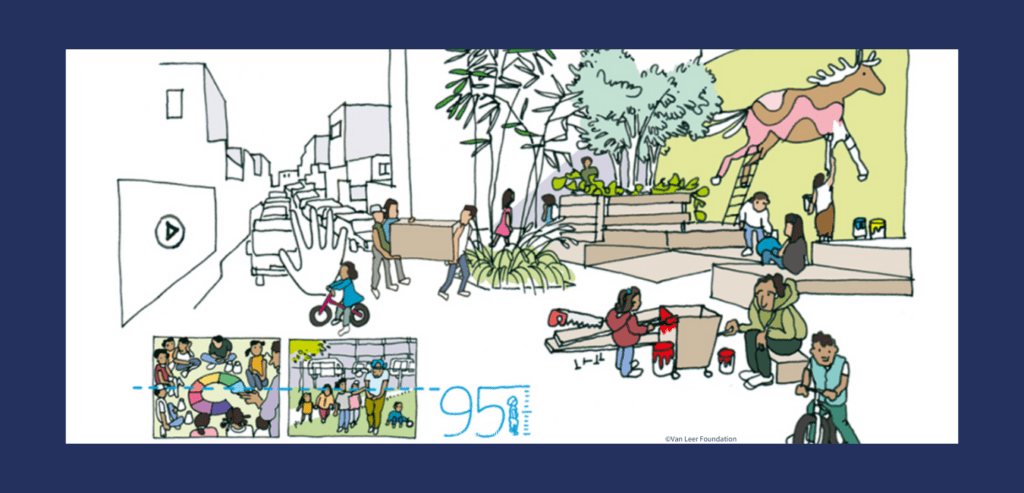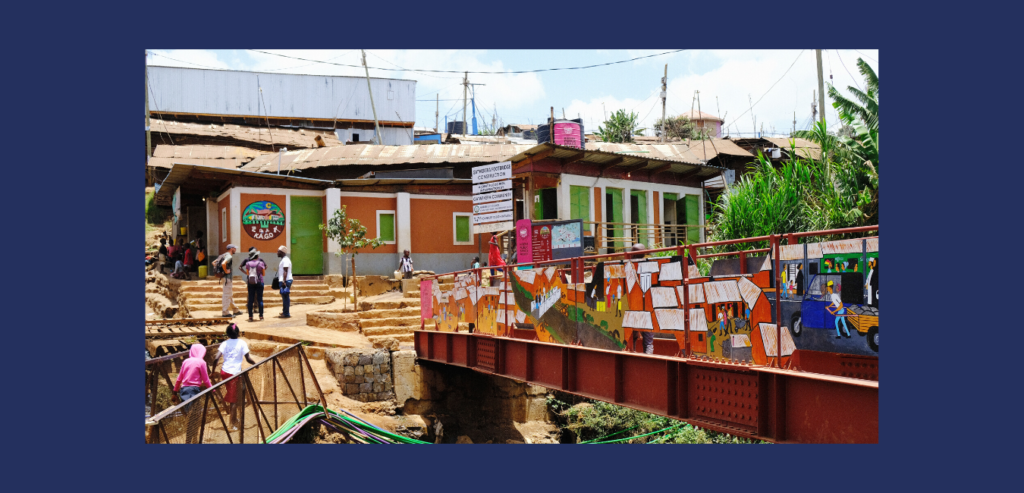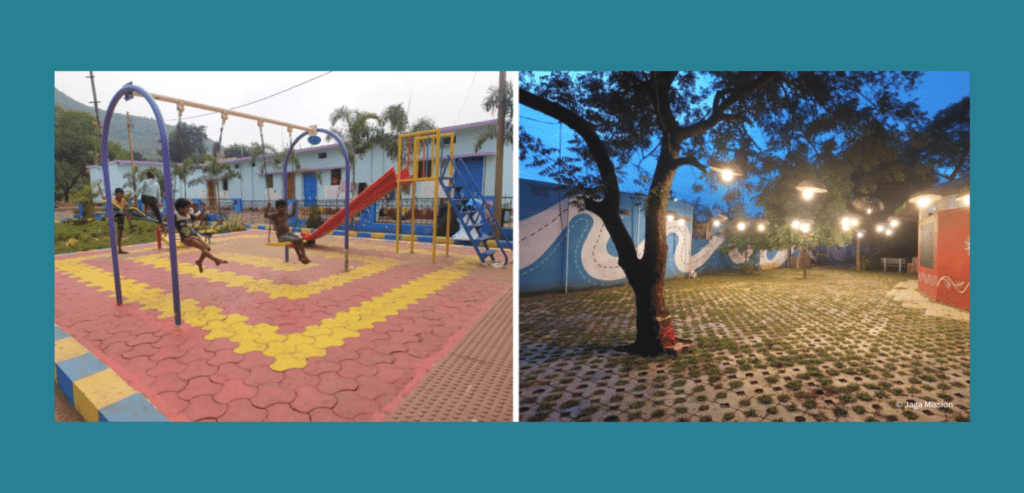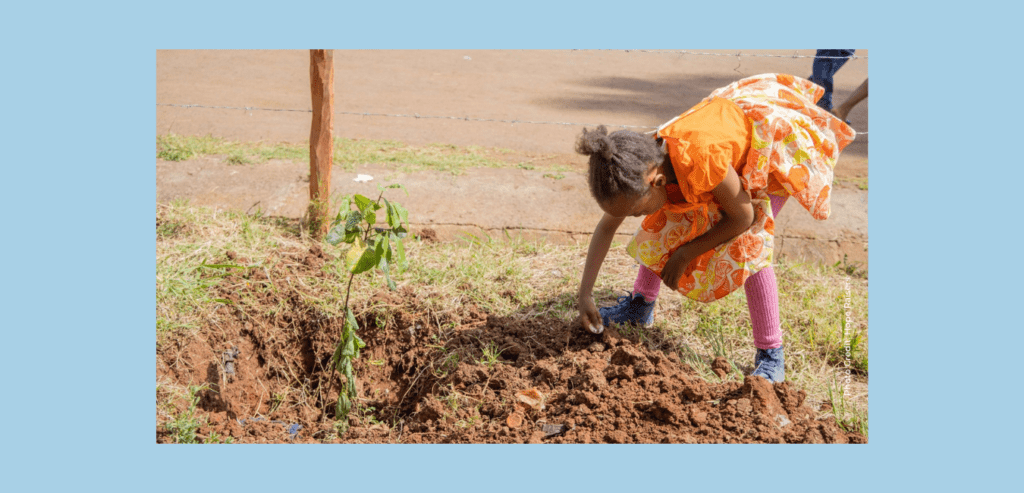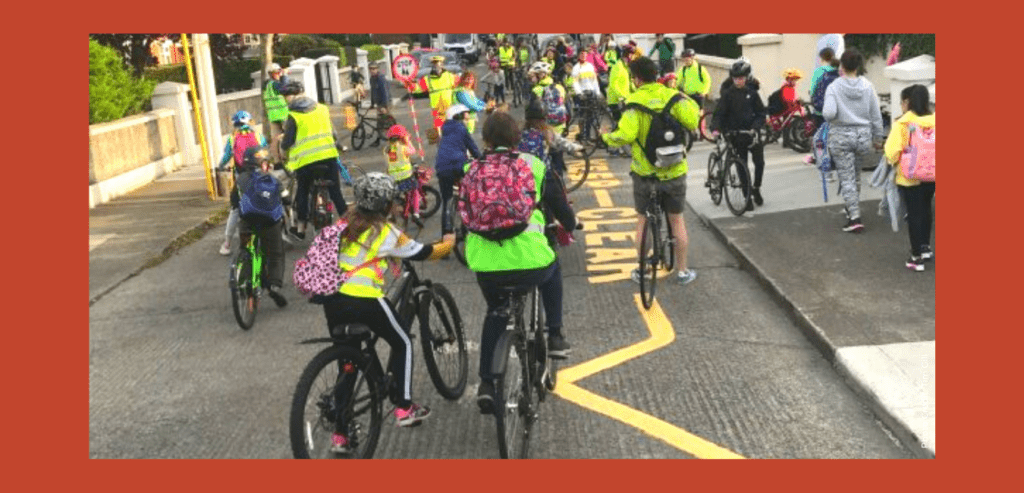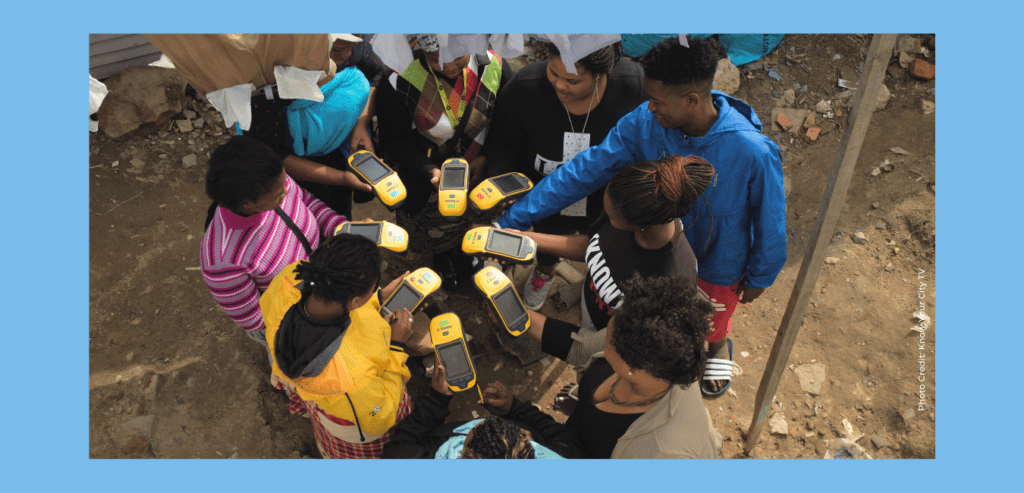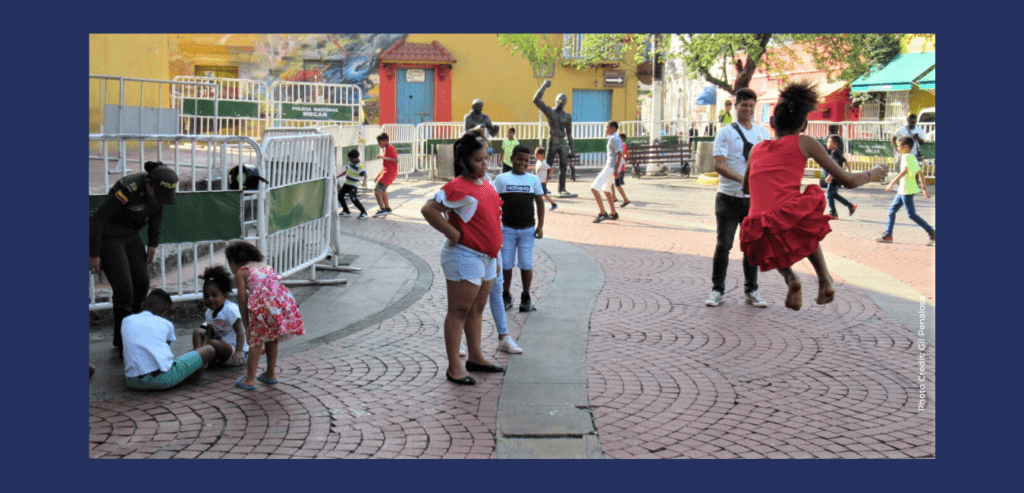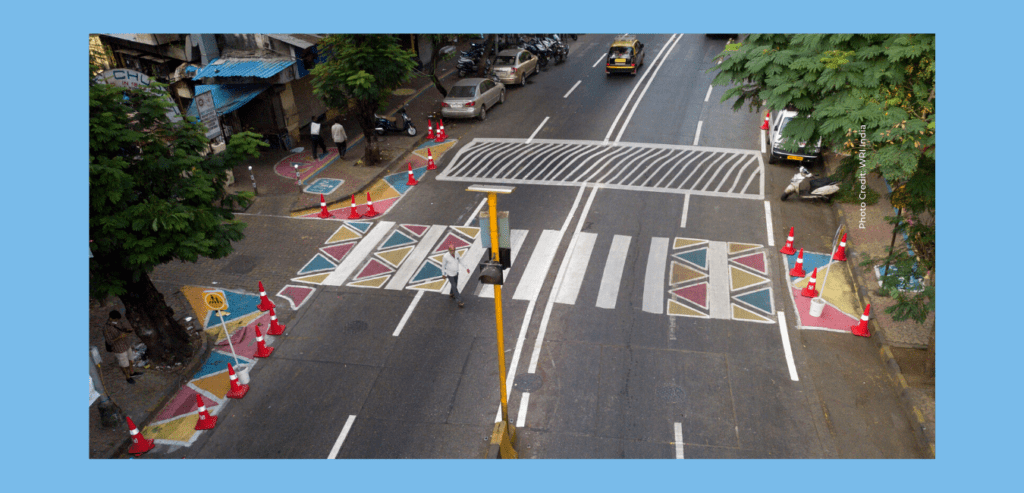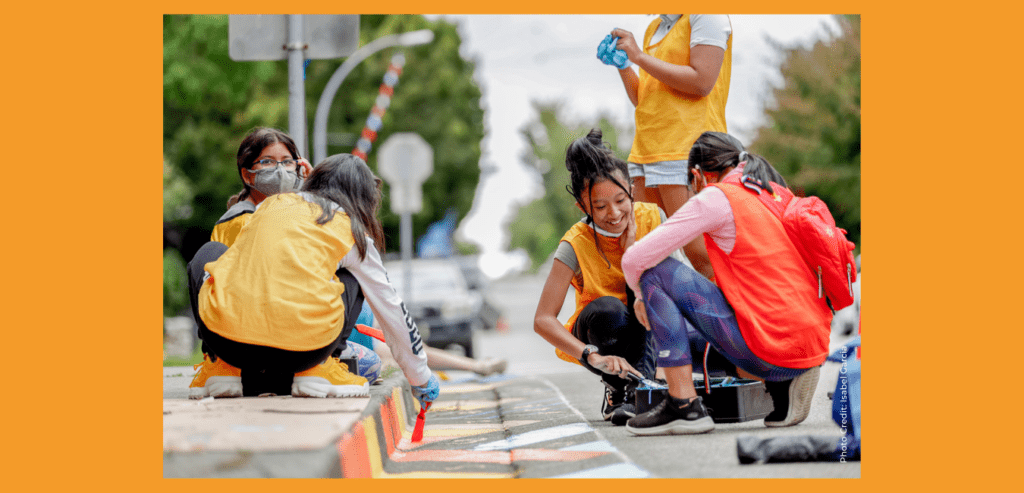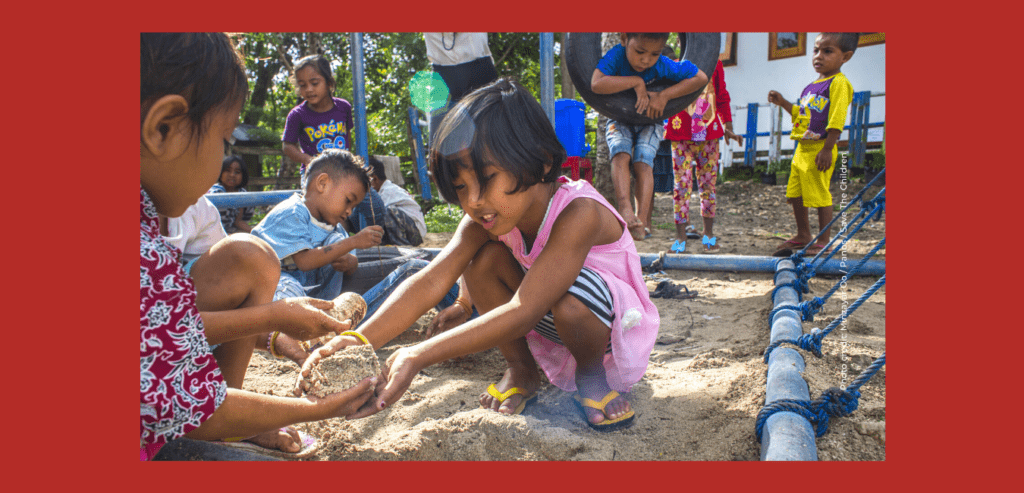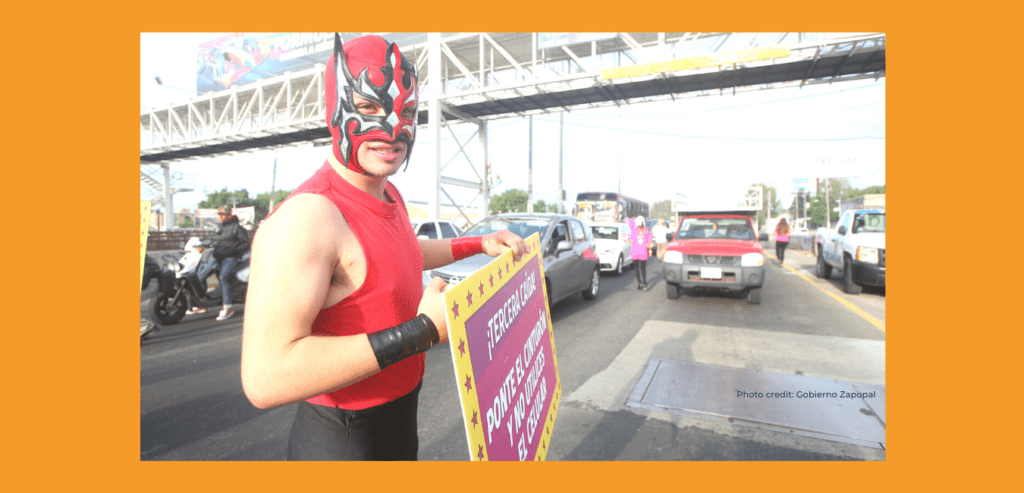Urban Hub Team at Save the Children International, January 24, 2024, 6 min
Are you an activist, built-environment practitioner, caregiver, or city official, who wants to improve your city or neighbourhood for children? It’s a new year – how about starting it off by doing a course on making cities safer, cleaner and greener for children. In this article we feature three online open access courses that introduce Read more →

